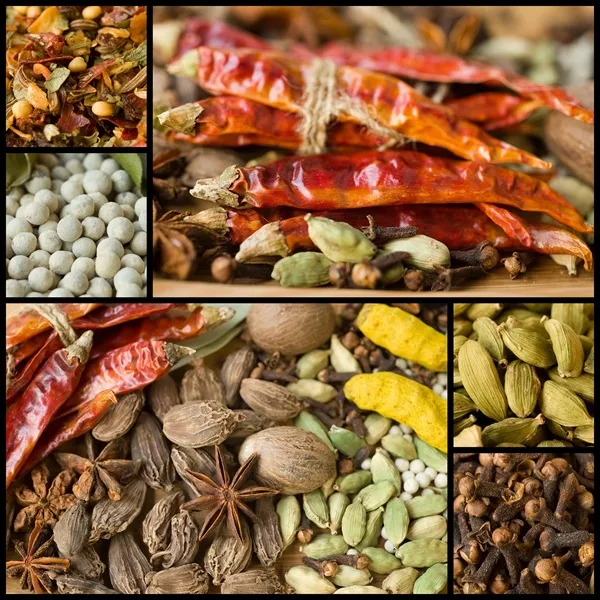
Plastics in Your Food
Plastic leaching refers to the process where chemicals from plastic packaging migrate into the food and beverages they contain. This phenomenon is a significant health concern due to the potential toxicity of certain chemicals used in plastic manufacturing.















